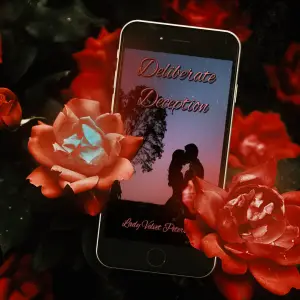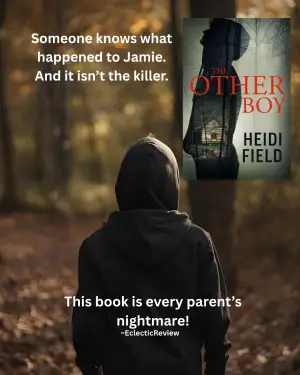Review: Maurice and Maralyn: An Extraordinary True Story of Love… by Sophie Elmhirst
When I first stumbled across Maurice and Maralyn: An Extraordinary True Story of Love…, the enchanting cover and the promise of a gripping tale involving a whale, a shipwreck, and a romantic saga piqued my curiosity. After all, who doesn’t love a riveting survival story? Yet, as I turned the pages, I found myself grappling with disappointment—a response largely rooted in expectations expertly set by the book’s enticing marketing. Sophie Elmhirst had great potential, but the narrative ultimately left me feeling adrift.
At its core, the book attempts to weave various strands of Maurice and Maralyn’s lives, yet for me, the most engaging element—the shipwreck—was overshadowed by seemingly disconnected moments. It begins promisingly, providing intriguing details about survival at sea: how did they fish? What did they drink? The sensory descriptions of the Pacific were engaging enough to keep me invested initially. Elmhirst’s prose, while serviceable, didn’t evoke the haunting resonance I’ve felt from similar tales, such as Gabriel Garcia Márquez’s The Story of a Shipwrecked Sailor. Where Márquez transforms bleak survival into profound philosophical musings, Elmhirst fell short of creating a similarly gripping narrative.
As my reading progressed, I found myself increasingly disenchanted with the characters. Maurice and Maralyn came across as deeply unlikeable; their personalities lacked the depth needed to make their ordeal particularly compelling. While personal struggles and relationship dynamics are critical in survival stories, Elmhirst failed to draw me into their world. I sensed only self-involvement and curmudgeonliness, which left me cold. Maralyn’s pragmatic attitude felt reminiscent of outdated colonial stereotypes, and her culinary choices—seriously, Mars bar cake?—felt out of touch.
Yet there were glimmers of exquisite writing nestled within these pages. Sentences like, “They were used to moving fast through water, air flowing past them. Now that they were still, the heat enclosed them like a tomb,” painted vivid images of their plight. Moments like these sparked my interest, but they were overshadowed by moments of superficiality, such as pondering asexuality in a life-or-death situation or overly simplistic reflections on love and identity.
While the themes of survival, resilience, and supposedly extraordinary love ran through the book, they were neither unique nor particularly well-explored. I found myself longing for more depth and emotional resonance, particularly regarding matrimonial challenges. The assertion that we see ourselves through the eyes of our partner felt contrived, and I couldn’t help but wish for a more nuanced exploration of these complex relationships.
In conclusion, I’d cautiously suggest Maurice and Maralyn to readers who appreciate survival stories with romantic undertones but advise them to temper expectations. If you’re looking for a book that brilliantly explores the human spirit amid tragedy, you might find yourself wanting. However, if your interest lies in a more casual account of survival that surfaces some beautiful language and a few evocative scenes, it might offer redemption. For me, the experience left an empty space—I entered a grand world of survival only to find it lack depth beneath its captivating surface.
[ad_2]
Discover more about Maurice and Maralyn: An Extraordinary True Story of Lov… on GoodReads >>







